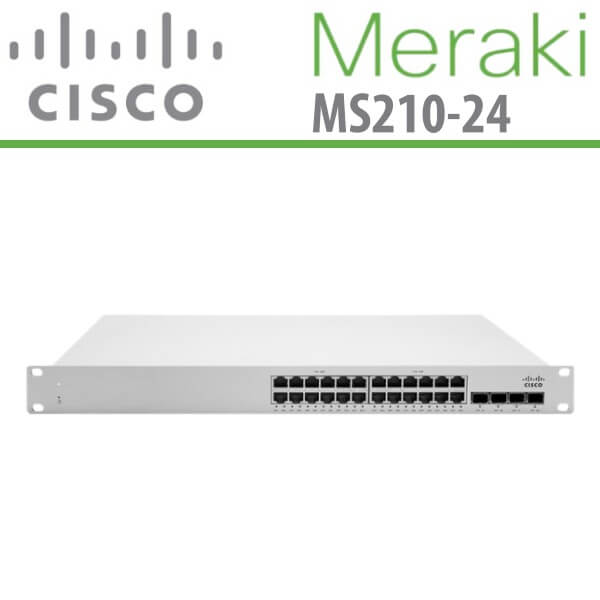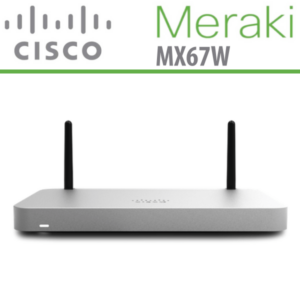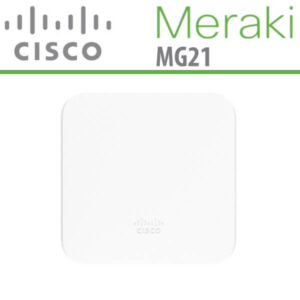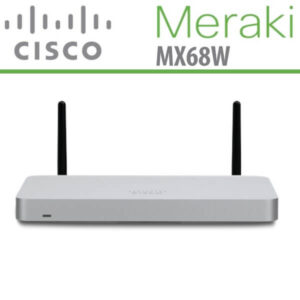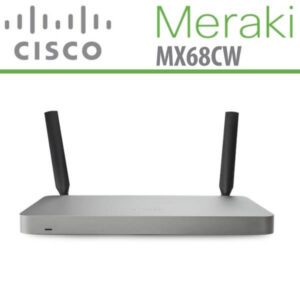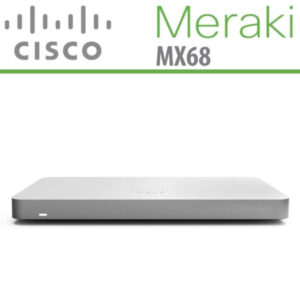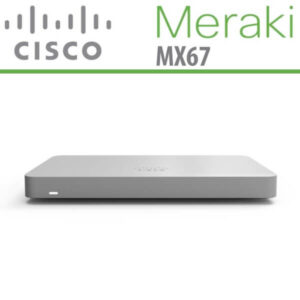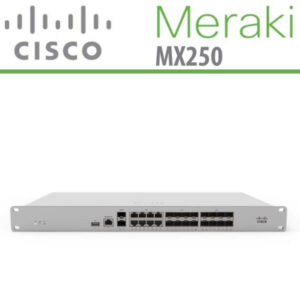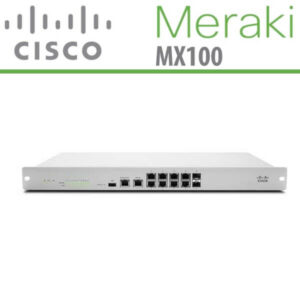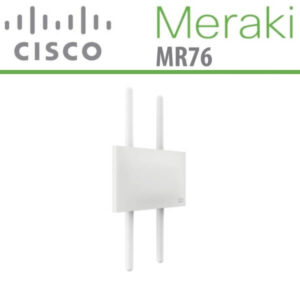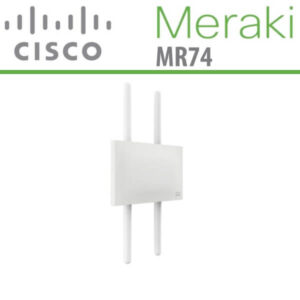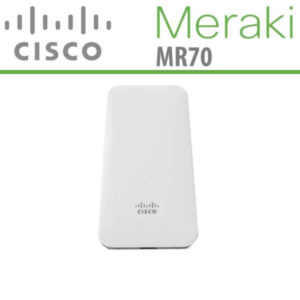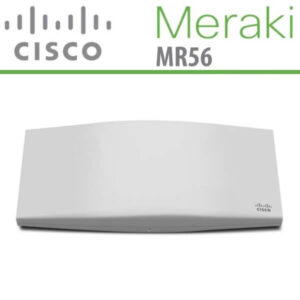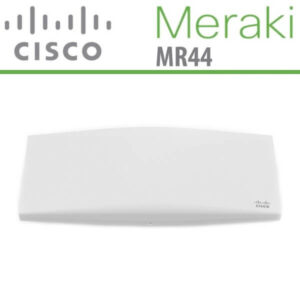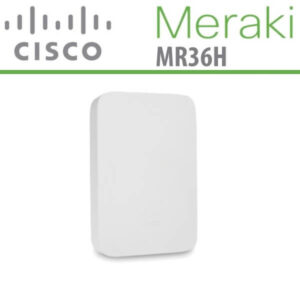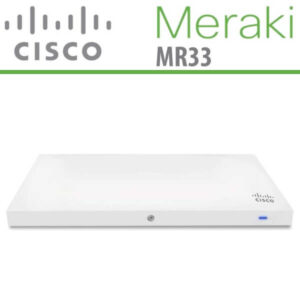Description
Meraki MS210-24 Dubai
The Meraki MS210-24 Dubai offers 4 x 1G SFP uplinks and can be physically stacked with the MS225 for access to its 10G uplink. This switch family also supports an optional, rack-mountable PSU (Cisco RPS-2300) for power redundancy needs. Meraki Network Switches Dubai are specifically designed for easy management without sacrificing the power and flexibility typically found in enterprise-class switches. The Meraki MS210-24 Dubai is managed through a user-friendly cloud interface, eliminating the need for complex configuration files or direct physical access to the switch. With Meraki’s centralized management, administrators have comprehensive visibility into the network and its usage. Easily identify switches that are approaching capacity across multiple sites. Quickly locate all configuration changes made by a specific individual through instant search.
Meraki MS210-24 Specifications
| General | |
|---|---|
| Device Type | Switch – 24 ports – managed – stackable |
| Enclosure Type | Desktop, rack-mountable 1U |
| Subtype | Gigabit Ethernet |
| Ports | 24 x 10/100/1000 + 4 x Gigabit SFP (uplink) |
| Performance | Stacking bandwidth: 80 Gbps | Switching capacity: 128 Gbps | Forwarding rate: 41.67 Mpps |
| MAC Address Table Size | 16K entries |
| Jumbo Frame Support | 9578 bytes |
| Remote Management Protocol | SNMP |
| Authentication Method | RADIUS |
| Features |
|


